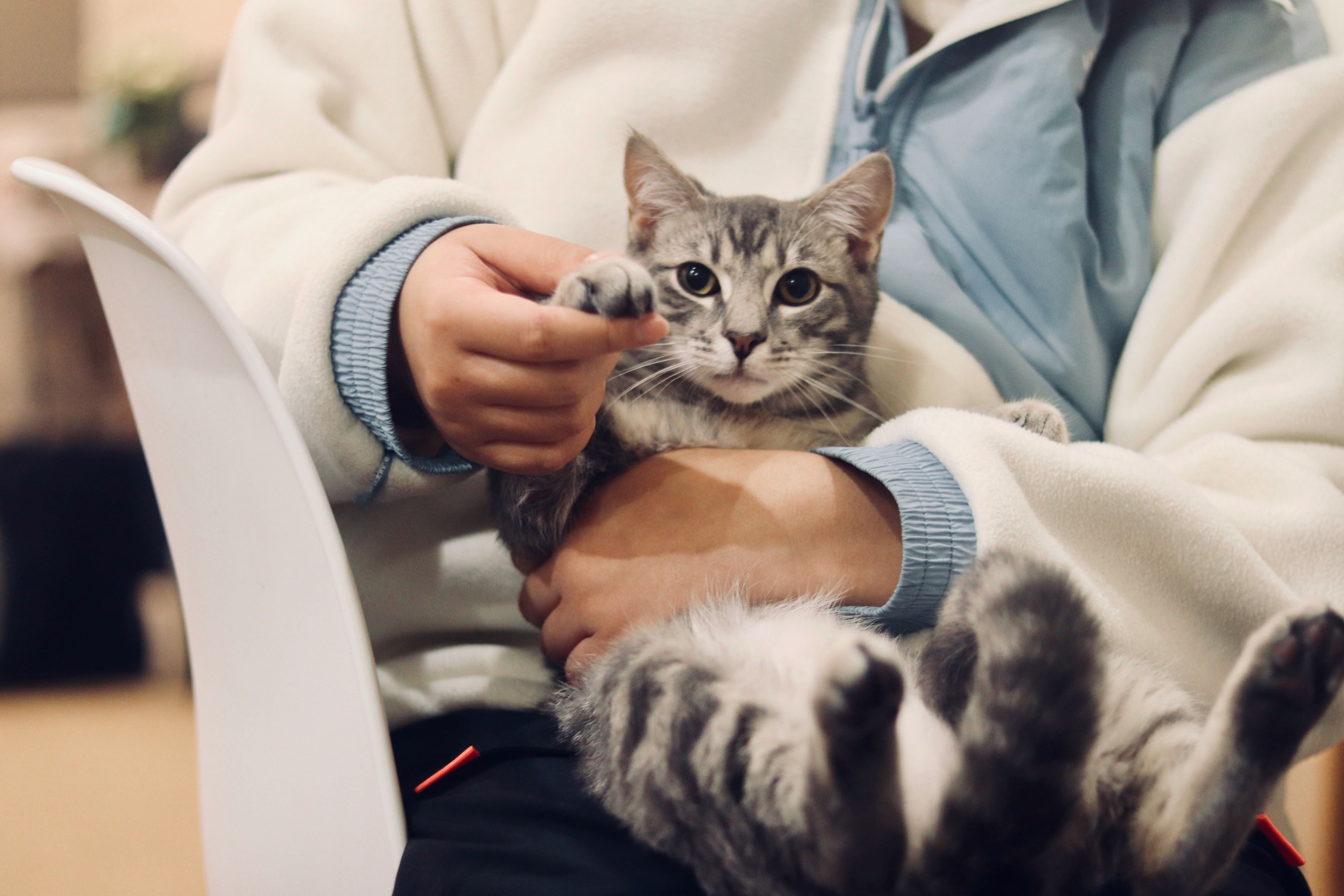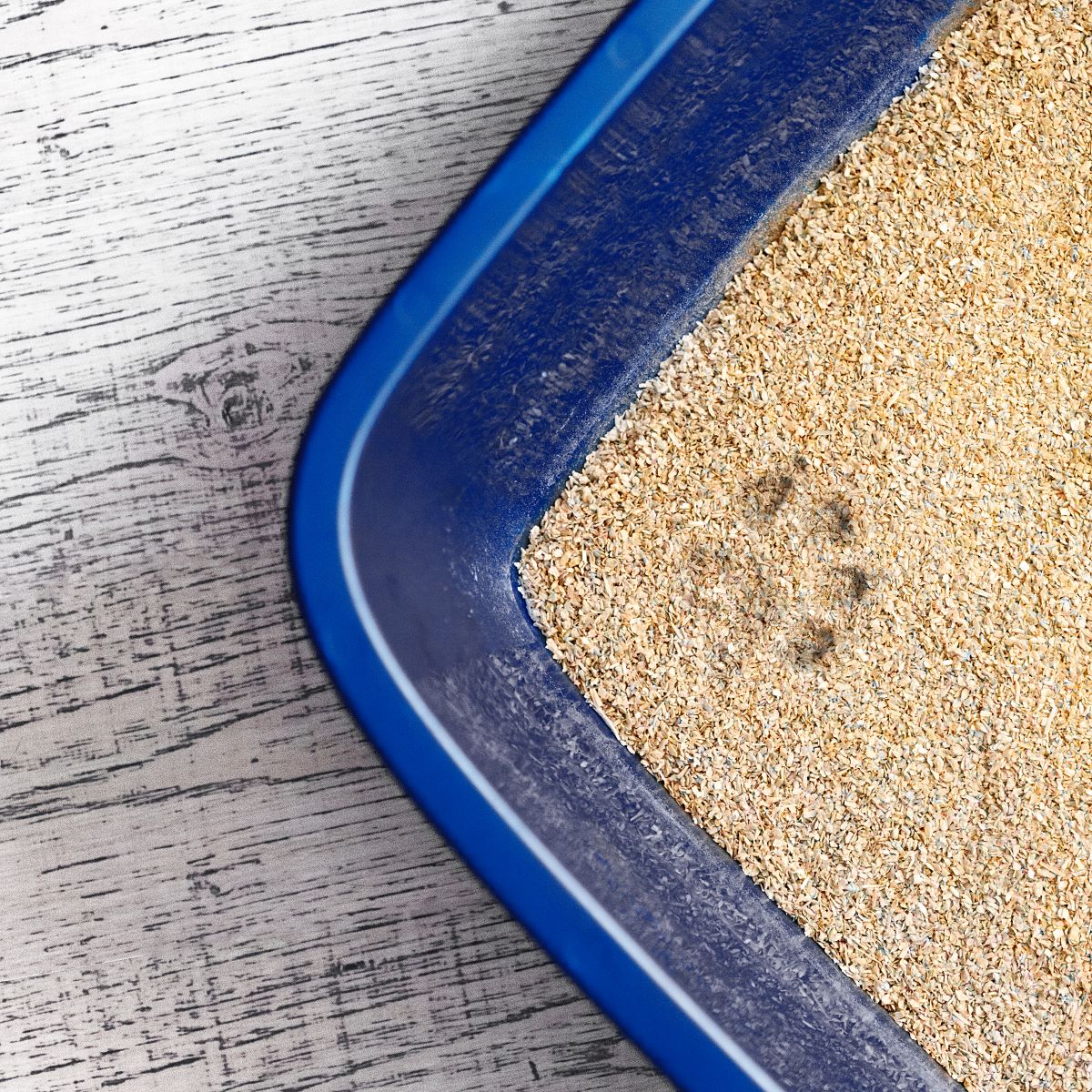
Things To Consider Before Choosing a Veterinarian for Your Furry Friend
Photo by Werzk Luuuuuuu on Unsplash
It is not surprising that over 50% of the world's population are pet owners. Hence, it becomes pertinent to look after the health and wellbeing of your furry child. Remember, owning a pet goes beyond simply providing them with food and toys.
It requires the utmost dedication and a true sense of responsibility. Just like us, our furry friends require medical attention. However, unlike us, our pets cannot easily communicate their health concerns. We must choose the right veterinarian when we commit to raising a pet.
That said, choosing the right veterinarian is no walk in the park. However, with a simple Google search, you will find multiple options, including testimonials and ratings.
However, not all vets can meet your pet's and your pet's expectations and medical requirements. Hence, you need to pick a vet who understands and meets your pet's needs. In this comprehensive guide, we will talk about how you can choose the perfect dogtor.
Things to Look for in A Vet
Like your human children, your furry child needs the best love and care. Hence, think of choosing a vet the same way you would choose a pediatrician for your child. You will surely want to choose a doctor who is an expert in childcare. Similarly, your pets deserve a vet who understands their medical needs.
You would expect your bet to be skilled in a wide range of veterinary experience. They must hold proper medical degrees and be acquainted with the latest medical technology.
Make sure the vet you choose loves animals. Imagine choosing a vet with all the medical experience but terrible animal manners. This is sure to put you off the very second.
Additionally, good vets must be transparent and communicate the medical concerns of the pets to their pawrents. They must educate the pet owners after after-care or at-home treatment. Paw parents get very anxious while dealing with a sick pet in the house post-treatment.
Moreover, the vets must clearly explain the diet, medication, rest, and other aspects. Vets and pet owners must cooperate to achieve the common goal—a pet's overall well-being. Therefore, as a pet parent, you must choose a doctor who can meet your expectations through open and transparent communication.
Choosing the Perfect Vet
Choosing the right vet is practically a life-and-death decision for your pet. As extreme as it sounds, imagine your pet having a seizure. In this panic state, you will make the rash decision to choose any local vet with good ratings.
You might even lose your furry child if the vet is not experienced or knowledgeable enough. Hence, choosing the perfect vet is vital if you want your pets to be around for the longest time. Here are a few factors you need to consider.
Location
Make a list of every veterinarian facility around you. Based on the distance you are willing to travel, filter out all the vets with poor testimonials. Now, you have a list of great veterinarians and their locations.
While the closest, "good" vet will probably do a decent job providing health advice and treatment to your furry friends, a "great" one will do much more. Hence, consider traveling mid-range distances if you want the best pet care. However, in emergencies, visiting the closest one is the best decision.
Cost
Veterinary care is expensive. Conversely, some vets with modern technologies and better facilities can be more expensive than others.
Moreover, facilities in affluent areas can be more costly than those in remote areas. Plus, as a pet owner, your expenses will also increase regarding utilities and overhead costs. Hence, you must consider all aspects before spending your money.
Working Hours
Taking time out of your busy schedule makes it difficult to take your pet to the vet. Hence, you must prioritize your time and schedule a vet appointment based on your availability. While some vets are available throughout the day, specialists are mostly available on different shifts. Additionally, you can also choose Vets that open on weekends. Vets see their furry patients in the afternoons or evenings and conduct surgeries in the mornings.
Instead of taking your pet to a vet, opt for 24-hour hospitals in an emergency. These hospitals offer emergency medical services throughout the day. You can also go for on-call vets who provide medical services at home. Keep their contacts on your fridge door or places easily visible to you.
Moreover, ensure to inquire about how your prospective vet approaches different situations. These situations might include appointment scheduling, walk-in treatment, general inquiries, and who to contact in emergencies.
Referrals and Word-of-Mouth
The best way to choose the perfect vet is to trust the recommendations of pet owners in your neighborhood. Ensure to ask them about specifications and their experience.
Then, search the veterinarian facility on search engines to make a concrete judgment before you decide on your preferred vet. You can check their reviews and ratings to make a well-informed decision. However, remember that it is a better option to trust word-of-mouth than Google reviews.
Trust Your Gut
After you have created a list of prospective vets, visit a few of them to ask relevant questions. You can enquire about their visitation fees, facilities, and kinds of doctors and understand the overall 'vibe' of the place.
Remember, at the end of the day, trust your gut feelings. Opt for a different vet if you see the place is not hygienic. The last thing you would want is for your furry friend to catch a serious disease when you've taken them for a simple checkup.
Also, observe the body language of the front desk staff. Are they friendly and motivated? Do they love animals? Finally, if everything feels right, go forward with your decision.
Perfect Time to Look for a Vet
Undeniably, the perfect time to look for a good vet should begin before adoption. While planning to get a furry friend, shortlist your prospective vets. During this time, talk to your selected vets and arrange a time to take your new furry friend for the first checkup.
Another important time to visit the vet is if you have recently moved or changed suburbs. Just like you check for hospitals, malls, and schools, you must make a list of vets.
Remember, the worst mistake you can make is waiting for an emergency crisis to arise before searching for vets.
When You Should See the Vet
It is essential to visit the pet under these circumstances:
When you first adopt a pet, you must visit a good vet for the initial checkup for existing diseases
Time for deworming or, vaccinations, or other preventive care like fleas or tick checkups
When you need to neuter or spay your pet
Your furry friend needs a dental checkup
Regular checkups (3 months for puppies or kittens, six months for older pets)
Signs of allergy or frequent sickness like cold, fever, vomiting, etc
Point to note: As a paw parent, your pet's health and well-being must be your top priority. So, do not wait for symptoms to worsen or wait for an emergency before taking your furry friend to the vet.
Expectations at the Vet
You will find excellent veterinarians by observing their nature and how they treat animals. If you visit a vet who greets you and your furry child enthusiastically, you know you made the right choice. These vets want to give your pets a positive experience. Furthermore, you will be at peace knowing your pet is in good hands.
Observe anxious signs in pets when they visit a vet. If your pet has a negative experience, it will show clear signs of anxiety and react nervously when your pet. Hence, choose the right vet who makes your pet feel relaxed. This, in turn, makes a vet's job easier when they treat pets with medication or administer injections.
Regarding the bill settlement, you might be charged more if you don't have pet health insurance. All payment-related issues should be sorted out before the actual bill payment.
How to Know if You Made the Right Choice
Before diagnosing your furry friend, a good vet conducts a thorough physical examination. In this stage of the medical screening process, hidden diseases or allergies are pointed out. You can also ask questions about your pet's health.
Be sure to write down the initial medical screening details so other vets can see your pet's health concerns. Additionally, you will have a clear idea about your pet's underlying health concerns.
Similarly, if your vet notices that your pet's fur is dry or itchy, they will suggest preventive measures to improve the quality of your fur baby's life.
Choose the Perfect Dogtor!
If you are a first-time pet owner or have recently relocated, one of the first steps you must take is choosing a good vet.
Remember, finding a good vet will only increase the lifespan of your furry child. Plus, who doesn't want to make unaccountable memories with their pets?
Hence, choosing the best vet in town who meets all your expectations and your pet's needs is vital.








 email us
email us